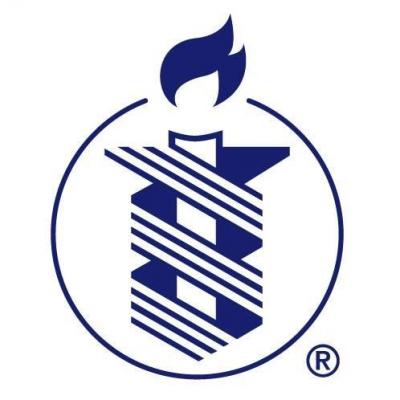New 24/7 Stroke Service Launched at Beth Israel Deaconess Hospital-Plymouth
Story Location:
275 Sandwich Street
Plymouth, MA 02360
United States
Residents on the South Shore and Cape Cod now have lifesaving access to Beth Israel Deaconess Medical Center-based stroke specialists via the 24/7 TeleNet Stroke service available in the Emergency Department of Beth Israel Deaconess Hospital-Plymouth.
BID-Plymouth is the first hospital in BIDMC’s network of hospitals to implement this service.
“Our emergency department physicians and neurologists can now consult with stroke specialists at BIDMC in real-time using image-sharing technology and video conferencing, to assess patients who may be experiencing acute stroke, transient ischemic attacks or stroke-like conditions,” says BID-Plymouth Chief of Emergency Medicine Dr. Mark DeMatteo. “When a patient suffers a stroke, he or she loses an increasing number of brain cells as time passes,” adds Dr. DeMatteo. “This service can save time and, in many cases, may help to reduce the severity of one’s stroke or stroke-like symptoms.”
The BIDMC TeleNet Stroke service facilitates rapid diagnosis and triage so that patients with stroke or suspected stroke receive the most appropriate therapy in the most appropriate location as quickly as possible. Together, BIDMC and affiliated hospitals can improve stroke-related care and outcomes, with strong support for keeping suitable patients in their community hospitals. The stroke service keeps patients close to home with state-of-the-art treatment.
“People who live in and around Plymouth may now receive the very same level of care available in our flagship BIDMC facility in Boston,” says Magdy Selim, MD, co-director of the BIDMC Stroke Center. “By working together with local hospitals and physicians, patients receive care in their own community. At the discretion of the local treating physician, only those patients who would benefit from advanced therapy not available at the local hospital will be transferred to BIDMC.
Ischemic stroke occurs when a clot obstructs an artery which supplies blood to the brain. The oxygen-deprived brain cells begin to die at a rate of roughly two million per minute, and the longer the clot obstructs blood flow, the more serious the physiological impacts, such as impaired speech and paralysis. In many instances, the administration of a clot-dissolving drug, tissue plasminogen activator (tPA) can save the patient’s life or dramatically reduce the severity of the symptoms.
Think it’s a stroke? Act F-A-S-T
Where stroke is concerned, time is of the essence. Every second, brain cells can die with stroke. The sooner you recognize the signs and act, the more likely you are to minimize stroke’s effects.
Is it a stroke? Check these signs FAST!
FACE—Does the FACE look uneven?
ARM—Does one ARM drift down?
SPEECH—Does their SPEECH sound strange?
TIME—It’s TIME to call 9-1-1!















